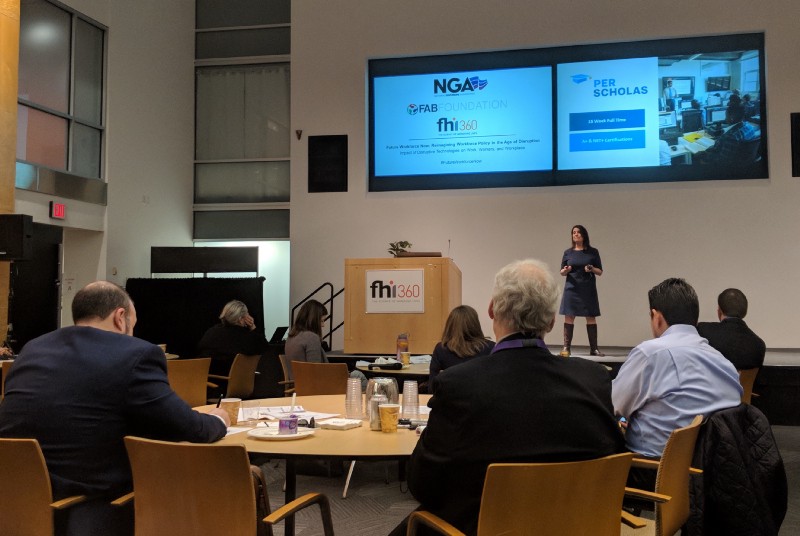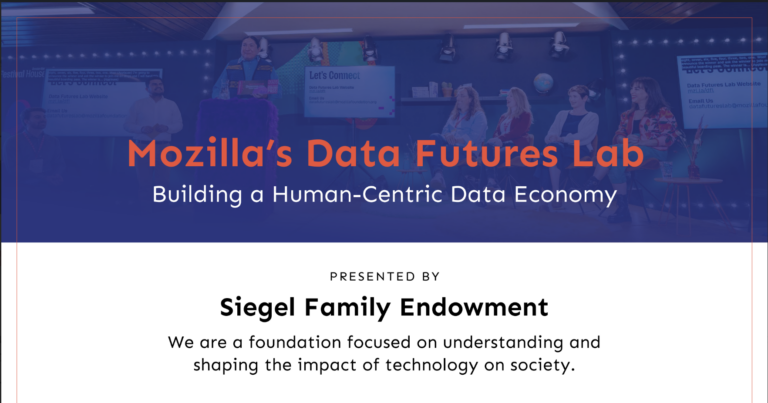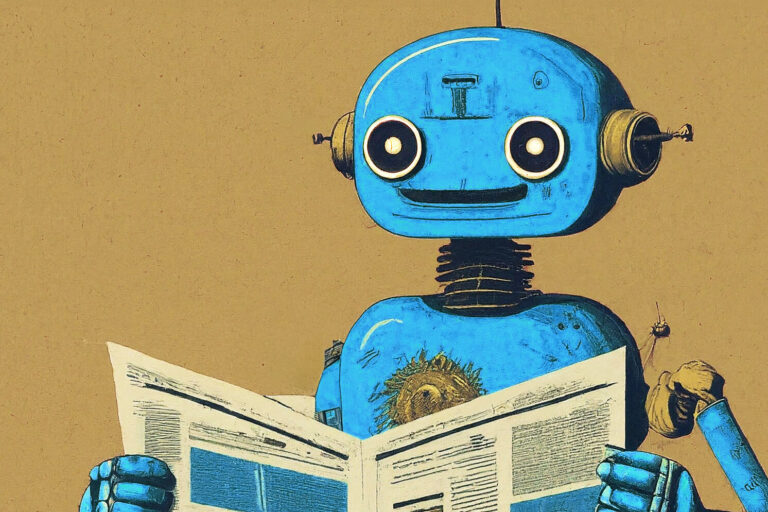What are the implications of new technologies on the resilience of a state or local economy? What systems and norms need to be reconsidered in the face of seismic technological change? What kinds of policies can state governments adopt to mitigate the impacts of rapid technological change?
These are the questions Siegel Family Endowment (SFE) is asking through our funding partnership with Future Workforce Now (FWN), a program that explores the implications of technological change for the future of work in state and local economies. Our goal is to develop workable policy solutions to address the questions facing state policymakers around the country.
In order to expand the conversation beyond content and policy experts, we created and distributed a feedback survey so that field practitioners, teachers, NGOs, and those most affected could contribute their perspectives about preparedness. The insights we gathered gave us fuel to refine the below solutions for problems facing all participants in the future economy.

Michelle Pullaro, Chief Administrative Officer at Per Scholas, presents at Future Workforce Now’s first roundtable
Many survey responses reiterated themes that are regular factors in the ongoing conversation about the future of work. The fact that these priorities connect so seamlessly to the broader conversation affirms the widespread need for the solutions FWN is developing, and confirms their potential to shape the workforce of the future. These are some of the takeaways that will help us weather the technological revolution:
1. Expectations around lifelong learning need to change — for both employers and employees
The old timelines for education and training are outdated: rather than frontloading skills through traditional schooling, respondents cited a need to strive for continuous skill development over a lifetime in order to remain adaptable to a changing world. Furthermore, this lifelong learning mindset must be matched by a shift in employer expectations of worker capacity. Employers should expect that employees will require continual training, and therefore plan to provide opportunities for continual education and skills acquisition.
2. Employers should create inclusive, participatory strategies for adapting to change
Employers and employees alike are starting to grapple with questions like “how can people and machines best work together?” and “where do data and labor protections intersect?” Survey respondents at all levels reported feeling like new technologies were “imposed on them” without proper input, consent, or guidance on how they might be best utilized to support their work.
As such, we heard a desire for more intentional change management strategies. Collaboration and open communication are the keys to creating a harmonious relationship in the face of ongoing change, and it’s crucial that all stakeholders feel brought along and bought in when negotiating working practices with new technologies.
3. Critical thinking skills are critical — and they’ll stay that way
While much of the conversation around the future of work centers on accommodating technological advancement, identifying and developing skills that are uniquely human will ensure the work is viable in the long term. The ability to think critically and solve problems are gaps that even the most sophisticated AI can’t replicate, and underlines the value of all types of education in the future economy. Ensuring access to hard skills is only part of the solution to navigating the future economy, and supporting those with backgrounds outside the realm of emerging technologies is important to the healthy functioning of the system overall.
4. Differentiate between barriers to progress, and address them accordingly
The question “what is standing in the way of preparing for technology change?” drew answers that addressed both logistical barriers (lack of access to training and education, lack of knowledge about emerging career pathways, and lack of time and funds) and systemic barriers (a lack of interest in the dignity of workers and work, cultural bias against certain kinds of work). The logistical barriers are more easily addressed by policymakers, but the systemic barriers are harder to legislate. Respondents noted that factors that inform quality of work (including benefits and opportunities for professional growth) often don’t get as much attention as technical skills, even though there’s a growing consensus that prioritizing these factors will go a long way towards ensuring job stability and satisfaction in the long term.
Technological transformation is going to affect varying populations differently, and much of what we heard is already actionable from a policy standpoint — but many of these findings are too big to be addressed by legislation alone. We’re just starting to scratch the surface on some of these topics (especially those that address far-reaching systemic concerns), but we’re looking forward to making further progress in the coming stages of our partnership with FWN.
Read the full summary report here.
Future Workforce Now (FWN) is a partnership between the National Governors Association’s Center for Best Practices, Fab Labs, and FHI 360, and is made possible with funding from the Bill and Melinda Gates Foundation, Schmidt Futures, and Siegel Family Endowment. Learn more about Future Workforce Now here.





